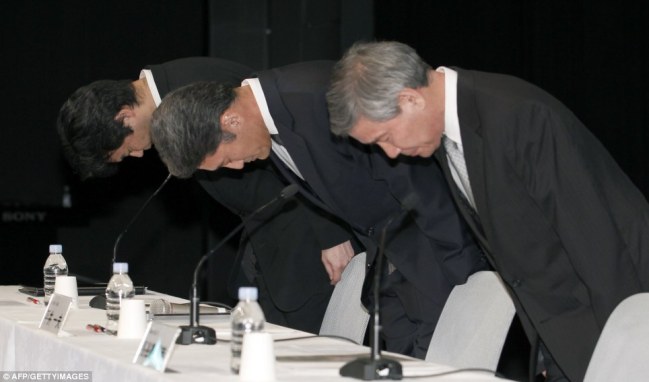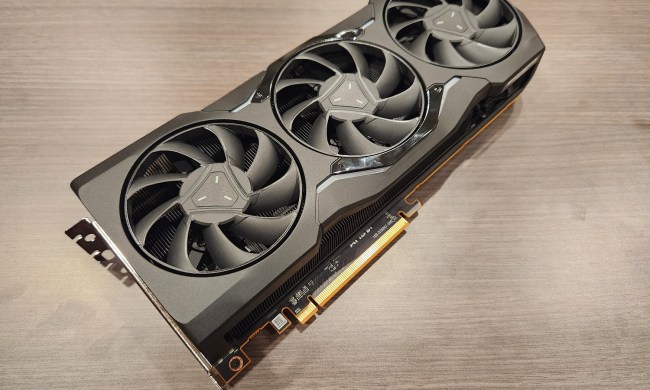
Even if you don’t own a Sony gaming device and don’t subscribe to the company’s music streaming service, you’ve still probably heard about the “external intrusion” (read: hacking) of PlayStation Network and Qrirocity that has left 77 million users without access to the services or their personal data stored there, which is known to have been compromised. Access to both networks was cut off on the company side late last Wednesday after it was learned that a hacker or hackers had broken through security. Many observers feel that Sony’s response thus far has been inadequate, a growing sentiment which certainly at least in part prompted company CEO and president Kaz Hirai to publicly address the issue in a press conference held last night (in our time zone, that is).
In addition to detailing exactly what Sony intends to do to make up for this nightmare scenario — more on that later — Hirai also spoke (through a translator) to the incident itself, offering some new information that hadn’t previously been revealed (via an Engadget liveblog). The presser started off with a rundown of events up to this point, starting with the April 20 shutdown of PSN and Qriocity services. Hirai then stated that there’s “no evidence that credit card numbers, expiration dates or billing addresses” were stolen, which contradicts earlier reports from the company that billing addresses had indeed been compromised.
He went on to say that there have been no confirmed cases of credit card fraud relating to this incident, even though a recent class action suit suggests otherwise. It is also worth noting that Hirai later urged all PSN and Qriocity users to be vigilant about checking their credit card statements for fraudulent charges. A later update to the Engadget post notes that as many as 10 million credit card numbers may have been “exposed,” but there’s “no proof” that any have been compromised.
Moving forward, Sony will take a number of steps to secure itself against future attacks, starting with the appointment of a Chief Information Security Officer. The data center, formerly housed in San Diego, will be moved to a more secure location and the networks themselves will be boosted with added security features and some sort of added sign-on security (not detailed). Users will also likely be asked to change their passwords more frequently. Sony will also look into the possibility of covering associated charges if credit card fraud does turn out to be an issue and is already examining options for allowing disgruntled subscribers to cancel their service.
Hirai hopes to have a number of PSN and Qriocity features restored “by the end of a week’s time,” with full functionality to return within the month.


